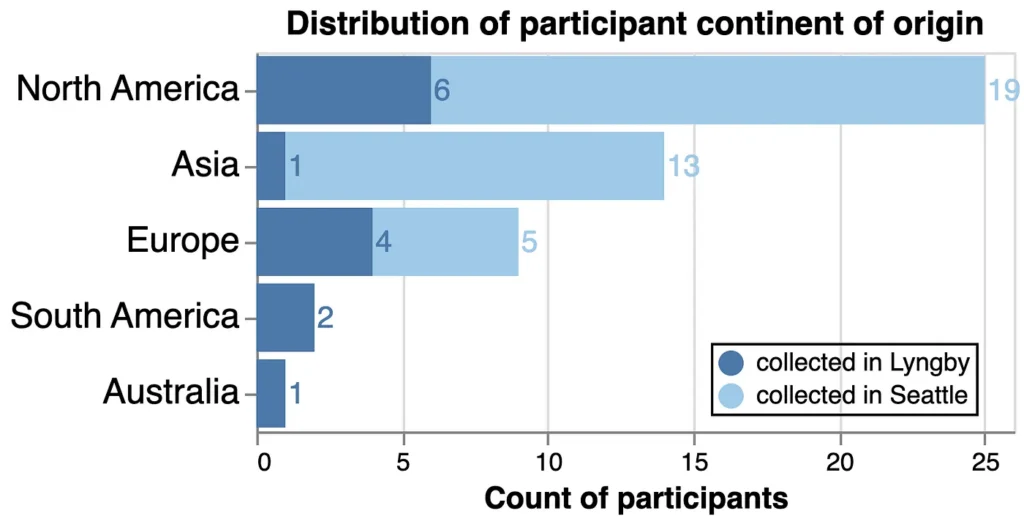Industry partners have launched a pioneering trial to capture carbon pollution from a paper mill in North Ayrshire and use it to make household detergents.
The Caledonian papermill owned by Helsinki forest giant UPM is part of an Innovate UK-funded collaboration of 17 organisations in one of Scotland’s first carbon capture and utilisation (CCU) projects.
Carbon dioxide from the plant has started being captured using technology developed by Scottish tech start-up, CCU International (CCUI).
Batches of CO2 are then sent to researchers at the University of Sheffield, where they begin the next stage of the process to be converted into ingredients for household detergents.
Just over 5% of the world’s fossil fuel is currently used to make plastics, textiles and cleaning products.
Findings from the Flue2Chem project will inform industry and the government on the technical feasibility of the processes as well as the economic impacts for creating a new supply chain.
In partnership with Scottish Enterprise, the Caledonian plant hosted representatives from a range of organisations including Irvine-based Ardagh Glass as well as Diageo , GSK and the Scotch Whisky Association to share learnings to date.
Waste product to ‘valuable resource’
UPM development manager Andrew Johnston said: “Investigating an alternative domestic source of carbon for consumer goods allows us to contribute to net zero targets and explore innovative new ways of doing business. When Scottish Enterprise asked if we could share our learnings with local businesses, we were very pleased to get involved.”
“No single company can do this alone and the level of collaboration between our seventeen partners has been unprecedented as we test out a whole new potential supply chain.”
Beena Sharma, CEO and co-founder of CCUI, added: “This milestone marks a significant step forward in demonstrating how carbon capture and utilisation can help decarbonise everyday products.
“By working with our partners in Flue2Chem, we are proving that waste carbon can be transformed into a valuable resource, reducing reliance on virgin fossil fuels. It’s an exciting moment for CCU International and for the future of sustainable manufacturing in the UK.”
Acting Minister for Climate Action Alasdair Allan said: “The deployment of pioneering carbon capture and utilisation projects like this is an important step in decarbonising our economy, and highlights the enormous economic opportunities of the global transition to net zero. The lessons learned can help to ensure the rollout of negative emissions technologies is possible at the pace and scale required in the coming years.”
Alongside UPM and CCU International, Flue2Chem partner organisations include industrial giants BASF, Croda, Holmen, Johnson Matthey, Proctor and Gamble, Reckitt, SCI, Tata Steel and Unilever. The group also includes research and membership organisations include Carbon Clean, the Centre for Process Innovation, the Confederation of Paper Industries, LanzaTech and the universities of Sheffield and Surrey.
A UK and Norway £150m venture
CCUI has also forged a strategic partnership with Norway’s Caox International to fast-track the commercialisation of carbon capture and mineralisation (CCM) technologies, which it estimates will bring in business worth £150 million.

By transforming carbon captured into stable, marketable minerals, the project will not only reduce emissions and help users meet net-zero targets, but it will save significant costs in transportation, waste, and storage.
The companies expect to launch a commercial-scale operation by 2028 which could generate joint revenues of over £150m over the next 10 years.
Aberdeen-based Sharma, who co-founded CCUI in 2022, said: “This partnership is game-changing for the industry and provides a circular carbon solution for companies to capture carbon and re-use it, without the need for geological storage and transportation.
“We have already spoken with clients in the waste to energy space, who are extremely excited about this opportunity and the savings it will bring.”
The partners will focus on scaling demonstration projects with existing customers in hard-to-abate industries such as waste to energy, paper, cement, steel, and energy, with plans to expand into other high-emission sectors.
Ole Jacob Sandal, CEO of Caox, said: “By working closely with CCU International, we are laying the foundation for a new era in sustainable carbon management.”
Caox is owned by Valinor, a family-owned investment company behind Norway’s largest private wind company, Norsk Vind.
Jarle Veshovde, investment director at Valinor, said: “This partnership represents the best of what Valinor stands for — accelerating innovation to solve major climate challenges. Caox and CCU International bring together the technology and expertise needed to fundamentally change how industries deal with carbon emissions.”
Recommended for you

From waste to worth: the CO2 opportunity






















